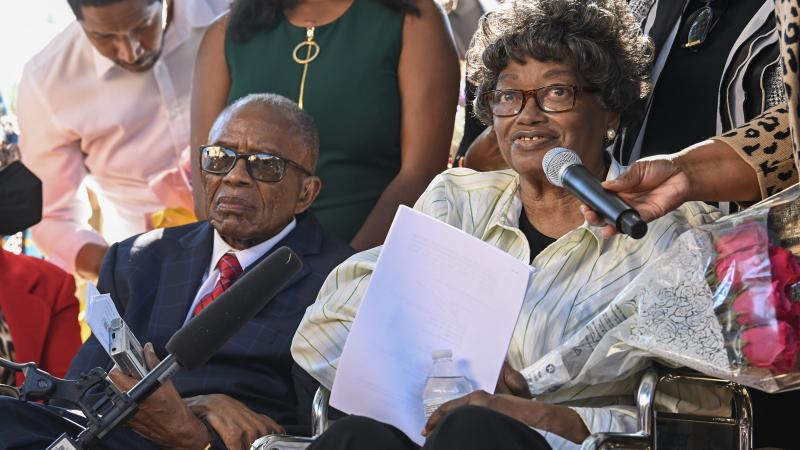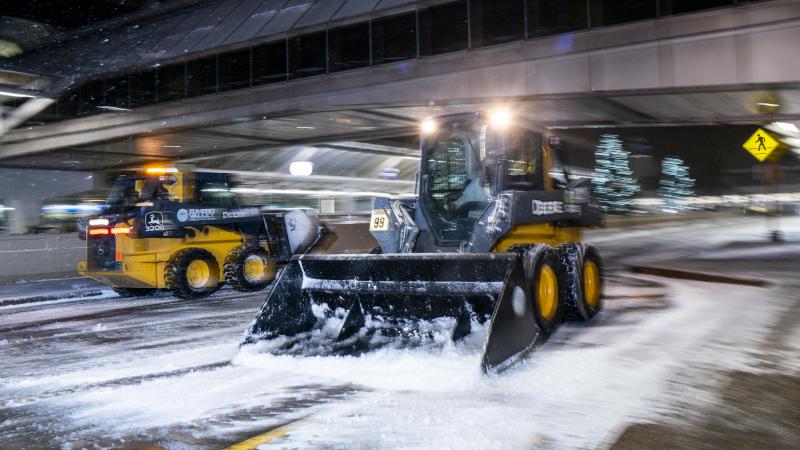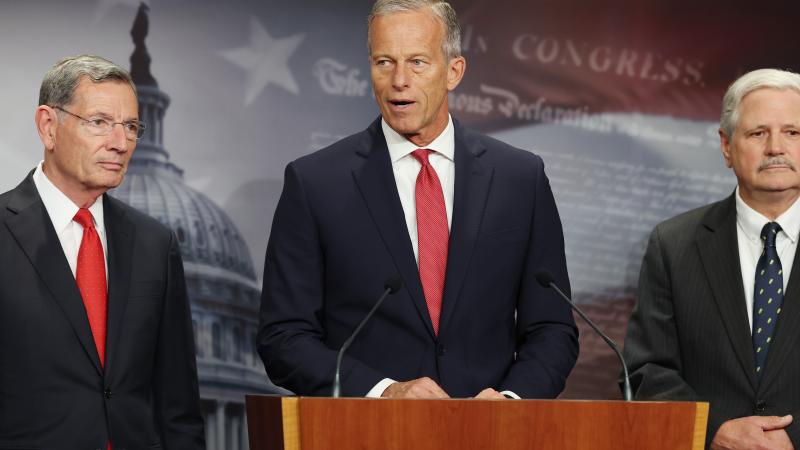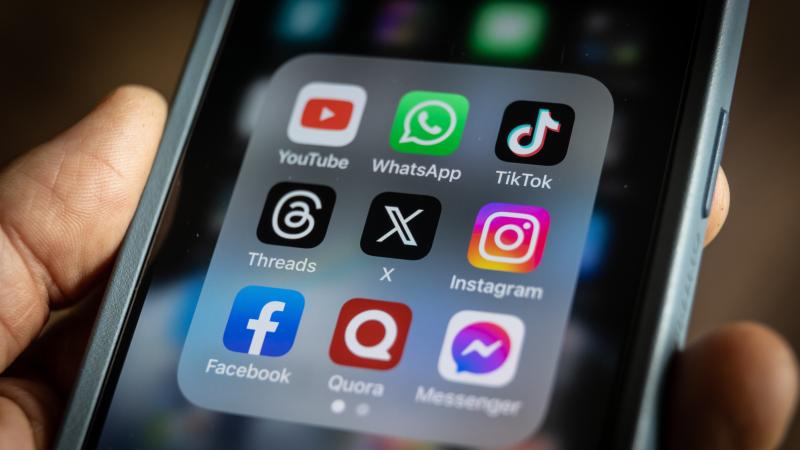Salt Lake City faces significant problem with homelessness
Appearing on Sharyl Attkisson's Full Measure program, local experts discussed the city's rising homeless population.
Salt Lake City's Democratic Mayor Erin Mendenhall says that her city currently faces a significant homeless crisis.
"We have more homeless people visible on our streets than we've ever had in our history," she said during an interview on today's edition of Sharyl Attkisson's show, Full Measure.
Mendenhall's pronouncement comes several years after the city was believed to have dealt effectively with its homeless problem, and headlines heralded the city's tremendous success.
Reporter Scott Thuman asked on the segment about a 10-year plan that began in 2005, and that helped significantly reduce the number of street dwellers. Thuman asked about old "headlines that Salt Lake City has really, very effectively, almost kind of eradicated the problem of homelessness."
"Everybody got big yucks out of that, but it just wasn't true," said Glenn Bailey, the executive director of a charity that offers food and clothes.
Mayor Mendenhall cited a number of issues, including the cost of living and the impact of the opioid crisis.
"They created a perfect storm," Mendenhall said. "That and healthcare access, lack of mental health access coming together with market forces driving up our population here locally, consuming housing at a rate that housing was not being produced has I think pushed people onto our streets and into our shelter situations unlike we'd ever seen before."
The city's priority is to provide shelter regardless of whether people first sober up or secure a job, Mendenhall said. "We continue to try to put people into housing first. Don't require people to get sober or to have a job before they can have secure housing."
Thuman reported that Salt Lake City recently has opened three shelters, with each catering to a specific population — one for men, another for women, and another for couples and families.
"I was hungry, cold, afraid," a woman named Tamara said about her time being homeless. With tears, Tamara noted that when she was homeless, she experienced having people throw firecrackers on her.
Police and social workers engage with the homeless, Thuman reported, noting that the city has a "police squad focused specifically on getting to know the homeless and their problems."
Michelle Flynn, the executive director of an organization that operates two Salt Lake shelters, emphasized that the priority is to offer shelter so that people can focus on other life issues.
"People need their home," Flynn said. "In order to be able to take a deep breath and even think about, how can I keep my job, how can I get my kids enrolled in school, and have them have a room where they can study and do their homework, and, and be able to concentrate on that, and find a daycare that's affordable and convenient to me where I'm living."
People need to be in their own homes, Flynn added.
"It doesn't mean housing only," she said. "What we need to do is get people out of the state of being homeless as quickly as possible and then work to make those connections with all those community resources."
















